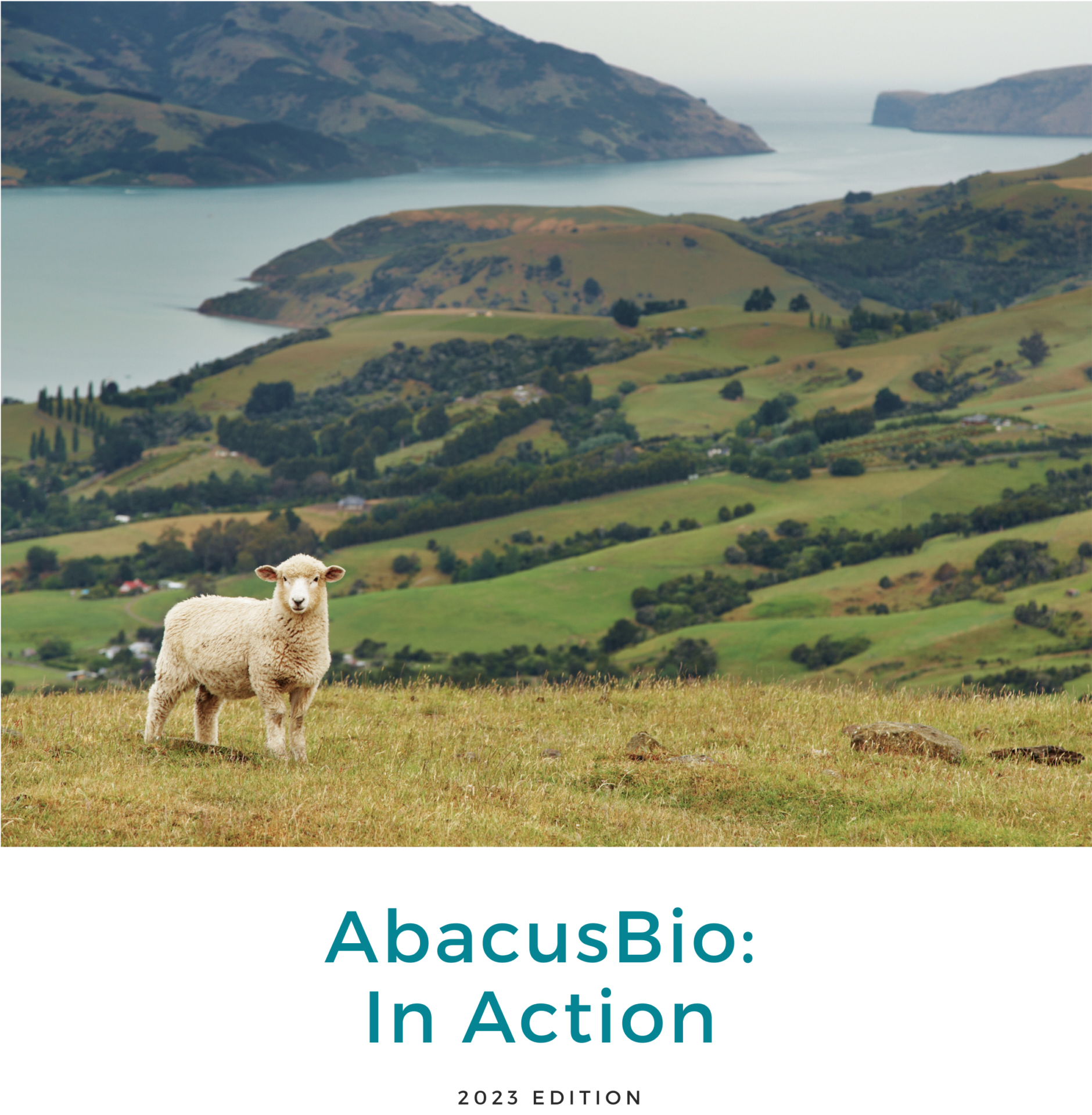


Message from the Managing Directors
New staff, new offices
Highlight from the last year
Project Summaries & Outcomes
Looking ahead
A word from the Managing Directors


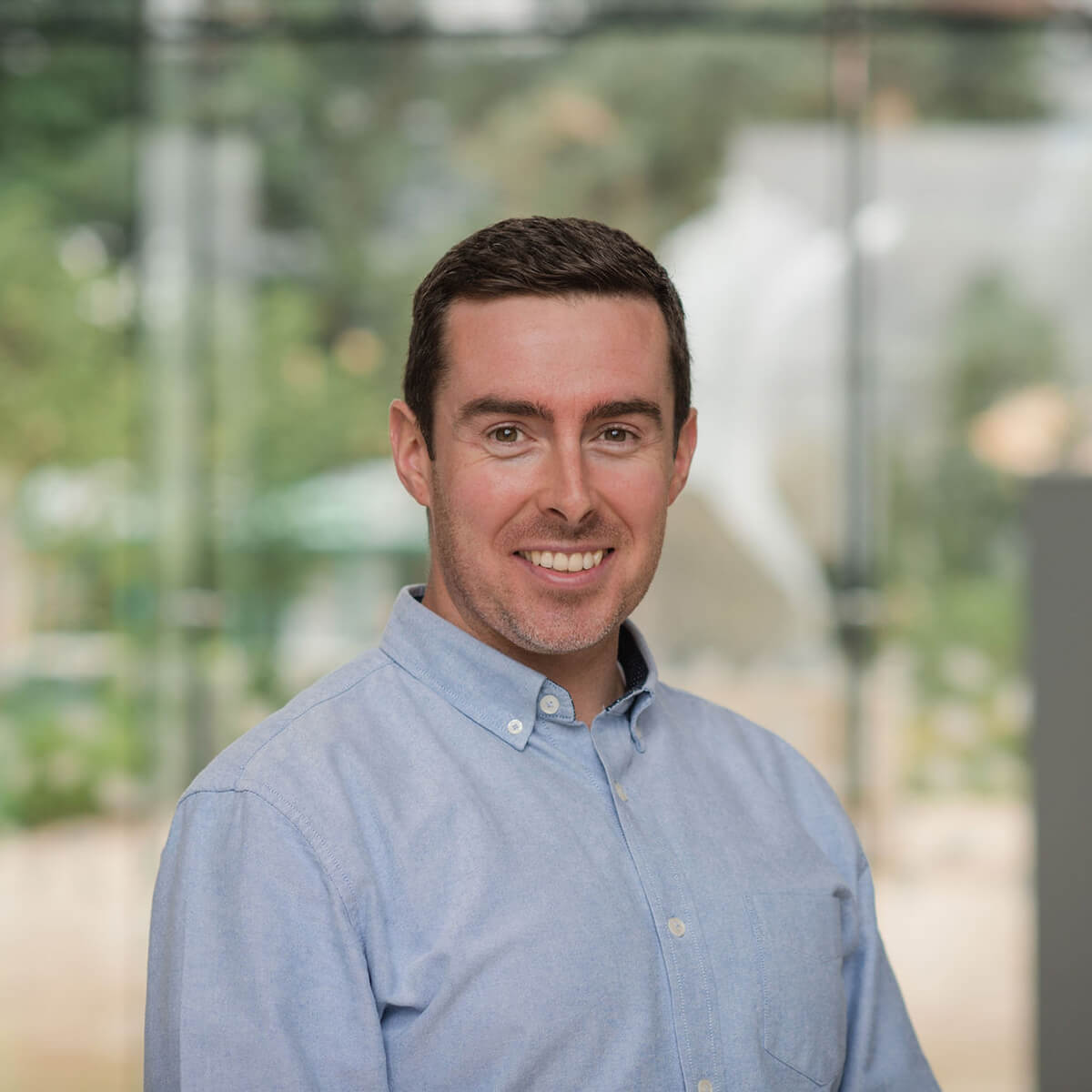
In 2023, AbacusBio moved rapidly forward on a deliberate journey to reshape our business, aligning it more closely with the evolving needs of our clients. In our world characterized by constant change, we remain steadfast in our commitment to embracing and leveraging change as a catalyst for growth. The work we do has helped our clients address the climate emergency, conflicts, and the rising cost of living but also to proactively contribute to a more sustainable and resilient future.
The importance of efficient and stable food production has become increasingly pronounced. AbacusBio stands at the forefront of addressing this need, striving to fill expertise gaps, and empowering our collaborators to execute impactful plans swiftly and confidently. Sustainability is not just a buzzword but a guiding principle that permeates every aspect of our operations, both as a business and in our commitment to helping our clients achieve their sustainability goals.
A notable highlight in our pursuit of impact has been the establishment of our office in Canada. This expansion marks a significant milestone for AbacusBio, opening doors to new opportunities and allowing us to engage more intimately with clients in this dynamic part of the world. With 23 years of history, and multiple office locations, we continue to build confidence in the global scalability of our business offering.
Our journey towards scalability and efficiency has not been without its challenges.
We are aware that many of our clients are facing heightened pressure to deliver critical outcomes for their stakeholders. We strive to work alongside them to create impact, a testament to this is showcased on our website (https://abacusbio.com/). From economic impact assessment and environmental sustainability modelling to plant and animal breeding programs, we take huge satisfaction from the support we provide to our clients, so they can navigate complex challenges. The resulting impact on the world and its people is what ultimately drives us.
Central to our success are the people who make up the fabric of AbacusBio. Throughout 2023 and beyond, our focus on the well-being of our team has been unwavering. We believe that by fostering our team members to grow and be their best, we create an environment conducive to collaboration and innovation. This spirit of teamwork and camaraderie extends through to the many critical relationships we maintain with our clients, partners, and collaborators. Together, we have not only weathered the storms of change but have also emerged stronger, more connected, and better equipped to drive meaningful, global-scale impacts in the years to come.
Thank you for your continued trust and partnership.



New team members, new office








AbacusBio has welcomed seven new hires to our team over the last 12 months! From left to right; Thiago de Paula Oliveira and Mason Chizk in the UK, Matthew Newman, Anna Mackenzie, Doug Bjelland and Jolene van Tonder in Dunedin, Sarah Wormsbecker in Canada.
We also welcome consultant Katarzyna Stachowicz, in the bottom right corner, as a new partner in the business.
In October, our newly established subsidiary, AbacusBio Canada opened its office at Agri-Food Discovery Place, Edmonton. A commercial division of the University of Alberta, Agri-Food Discovery is a state-of-the-art research facility that supports collaboration and innovation among different stakeholders in the agri-food industry.
Our Canadian team consists of Managing Director John Crowley, Agri-tech consultants Natalie and Martin Howes, and Finance Manager Sarah Wormsbecker.
Leveraging expertise from across our businesses, AbacusBio Canada will bring expertise in animal and plant breeding program design and management, genomic selection and evaluation, data analysis, and business consulting for the North American market.
Our team members have strong connections with existing clients across Canada and beyond, and are looking forward to expanding our network and portfolio.
We are excited to join this dynamic community and to support the development of agri-food science and technology in Canada” says John Crowley,
If you are interested in learning more about us or our services in Canada, please visit our website or contact us.

Company Highlights
AbacusBio had the pleasure of getting out and about in 2023, this is just a handful of the countries, events and conferences we attended!
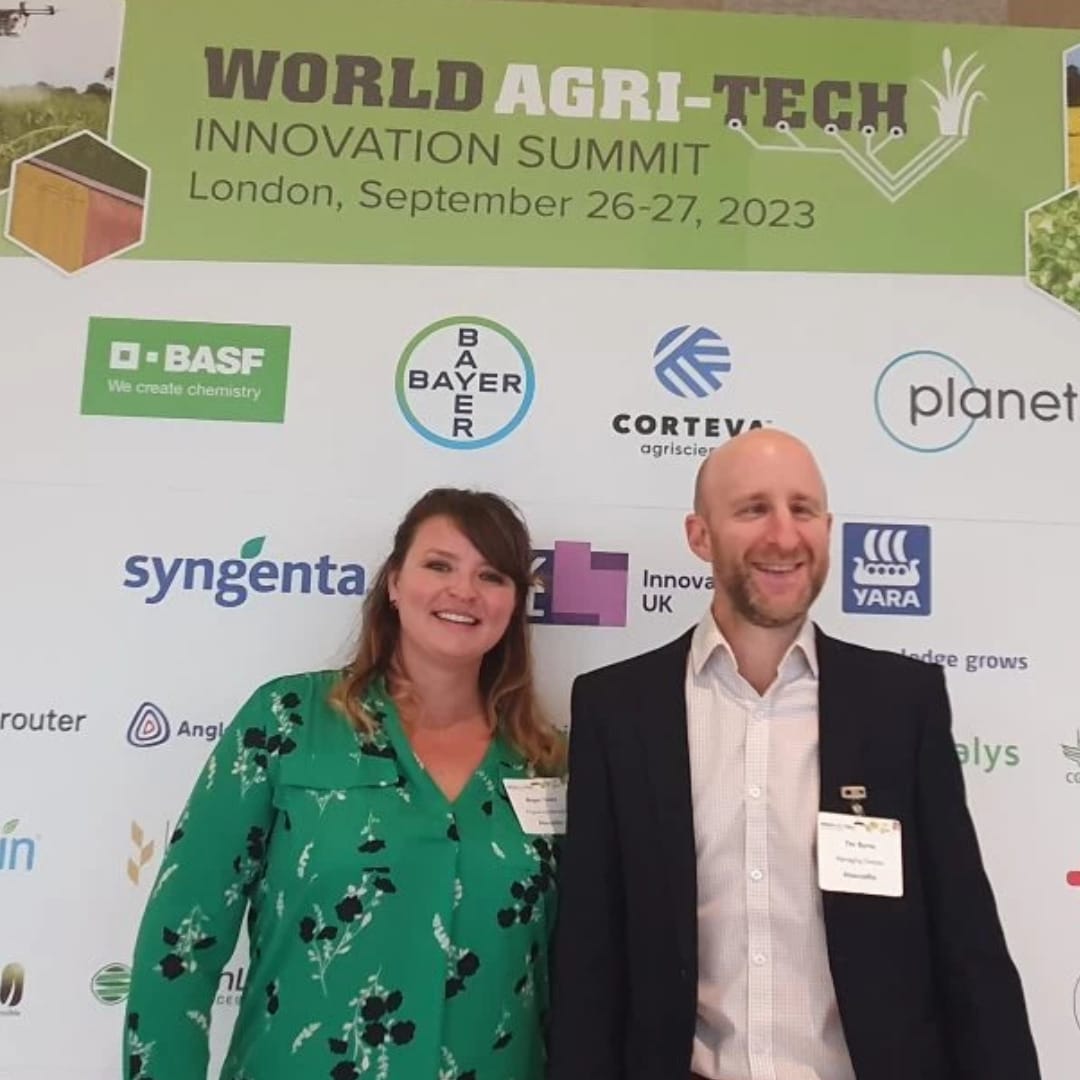
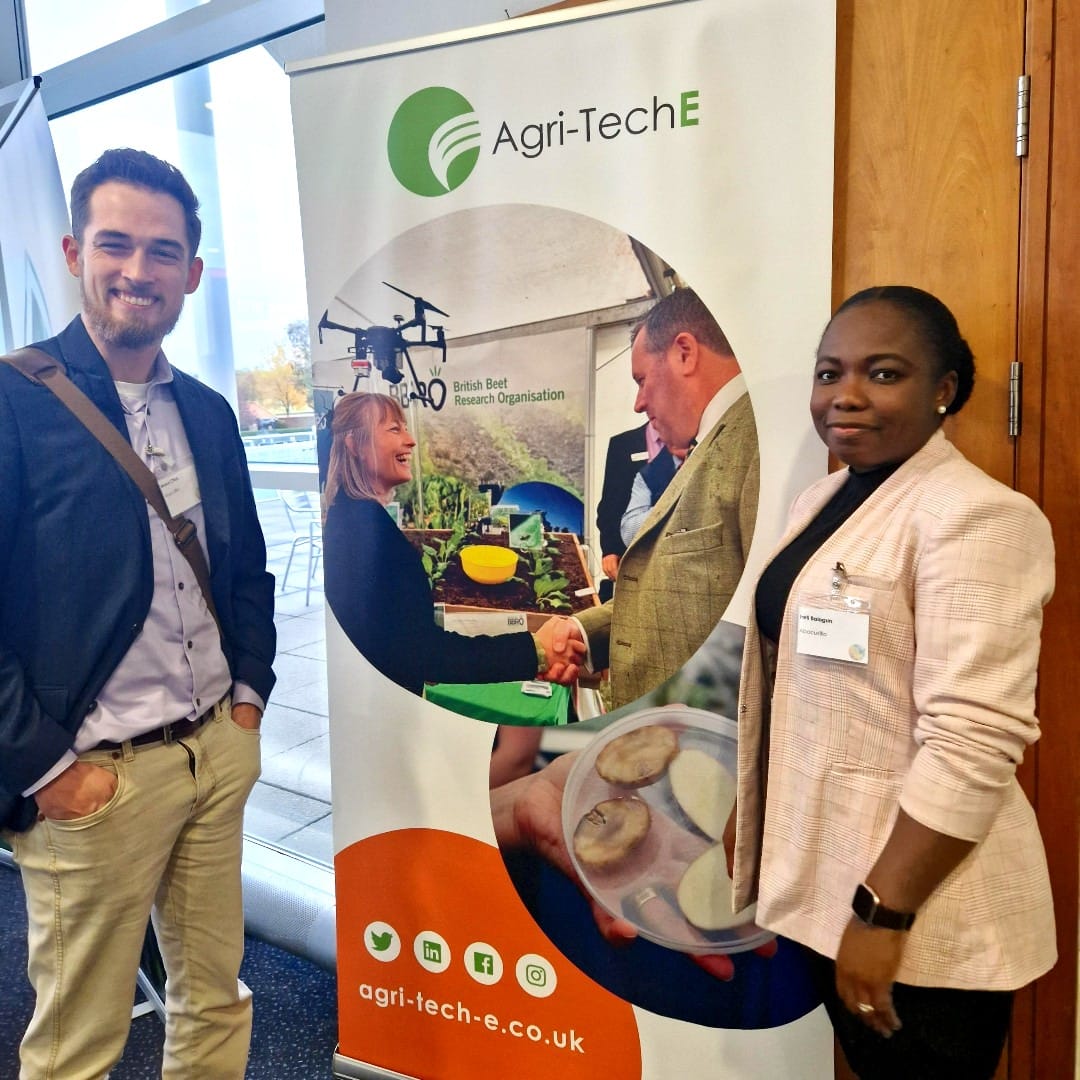
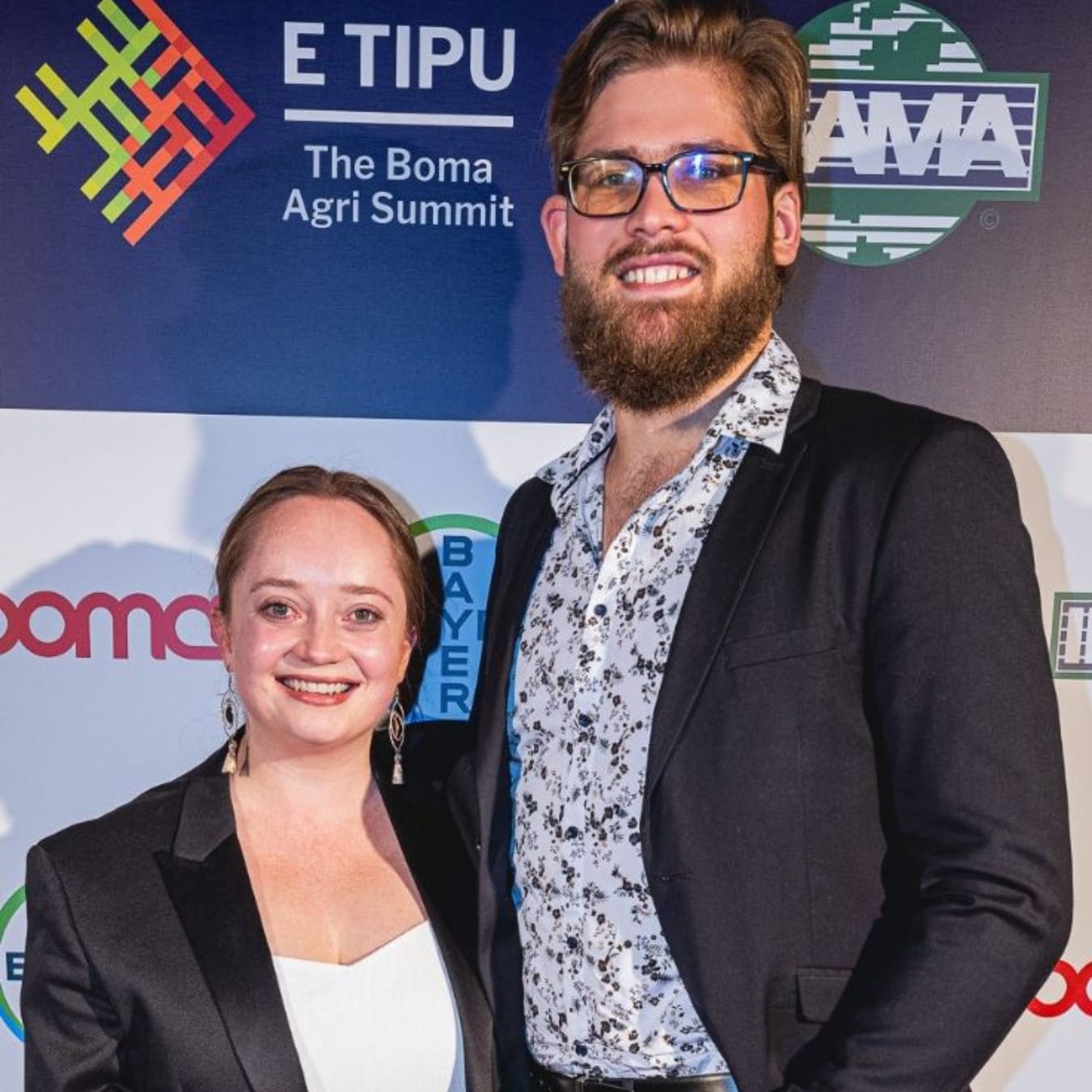
Megan and Tim attended World Agri-Tech summit in London, UK.
Ireti & Mason attended the Agri-techE REAP Conference 2023.
Loamé & Jabus competed in the global IFAMA case study competition & attended E Tipu the Agrisummit in Christchurch, New Zealand.

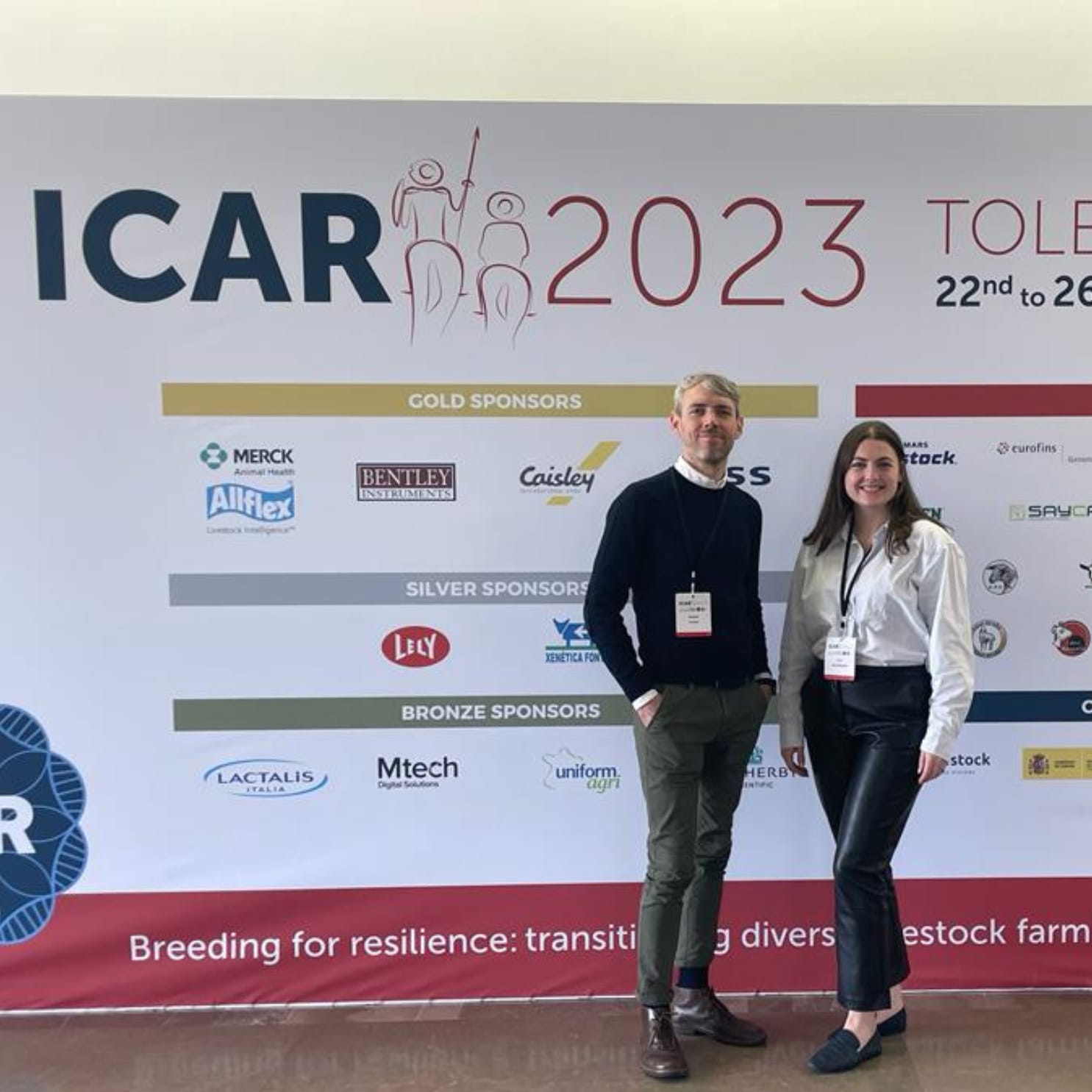
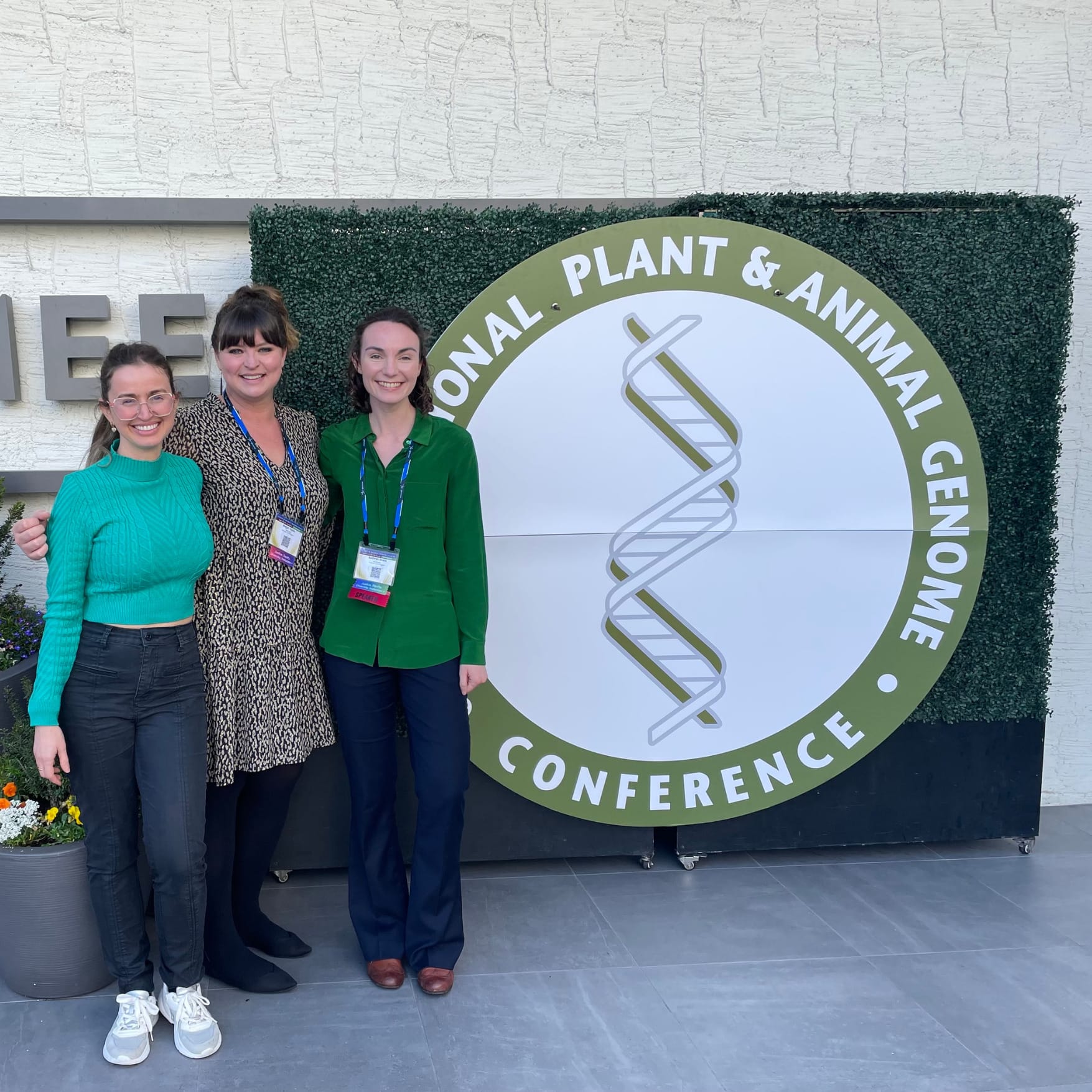
Kat & Simon presented at the joint event in Lyon for EAAP, WAAP & Interbull Congress 2023
Peter A, Simone & Caeli presented at ICAR 2023 in Toledo, Spain.
Letícia, Kathryn & Megan attended the Plant & Genome Conference (PAG30) in January in San Diego, California USA.
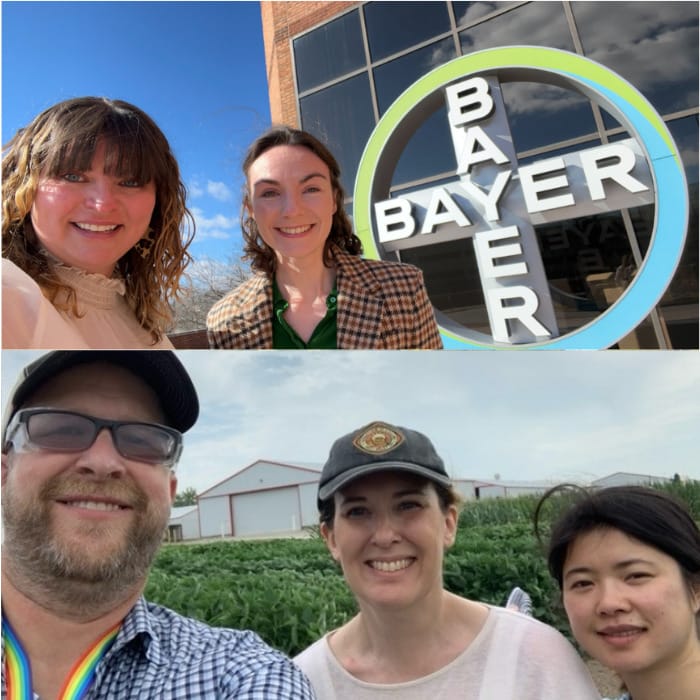
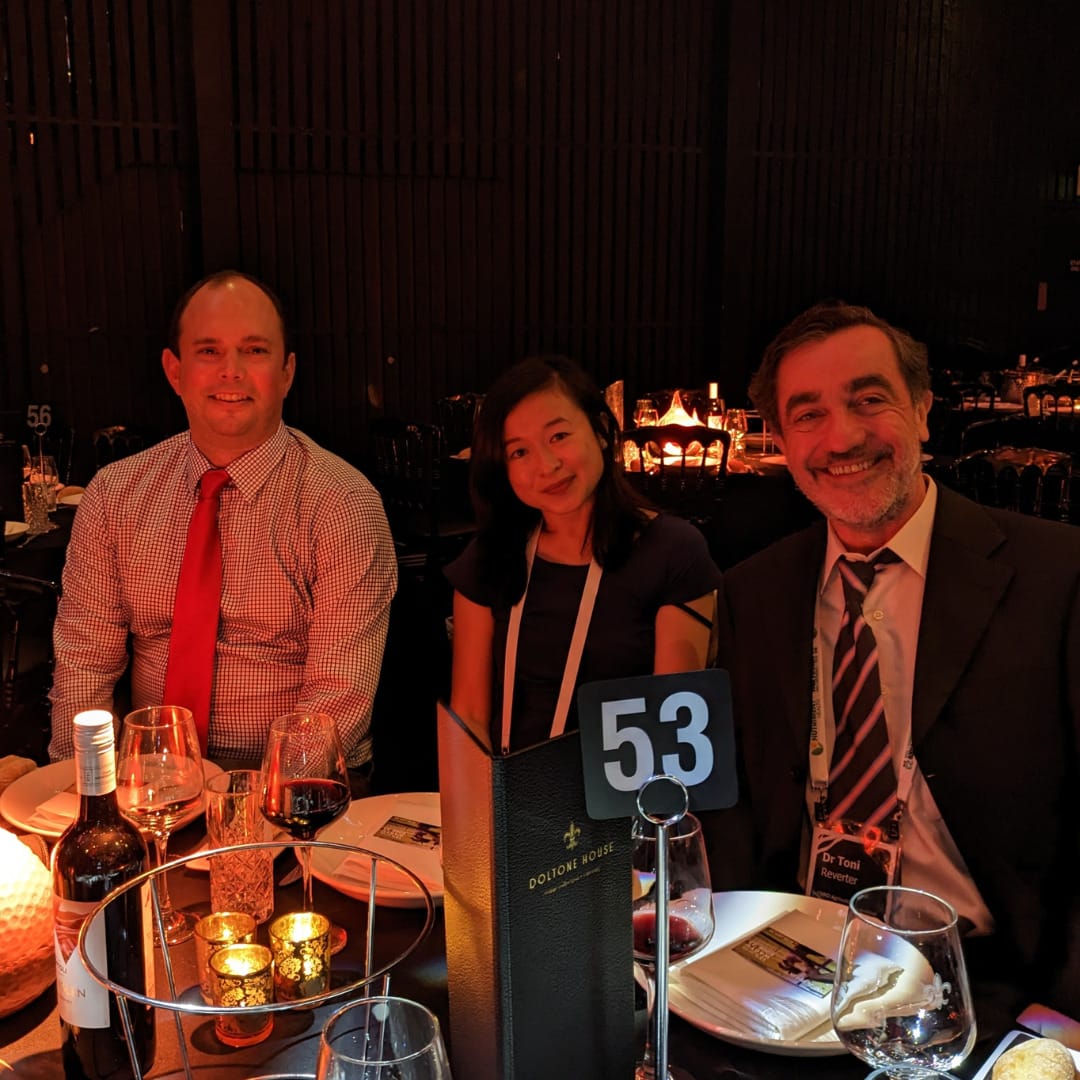
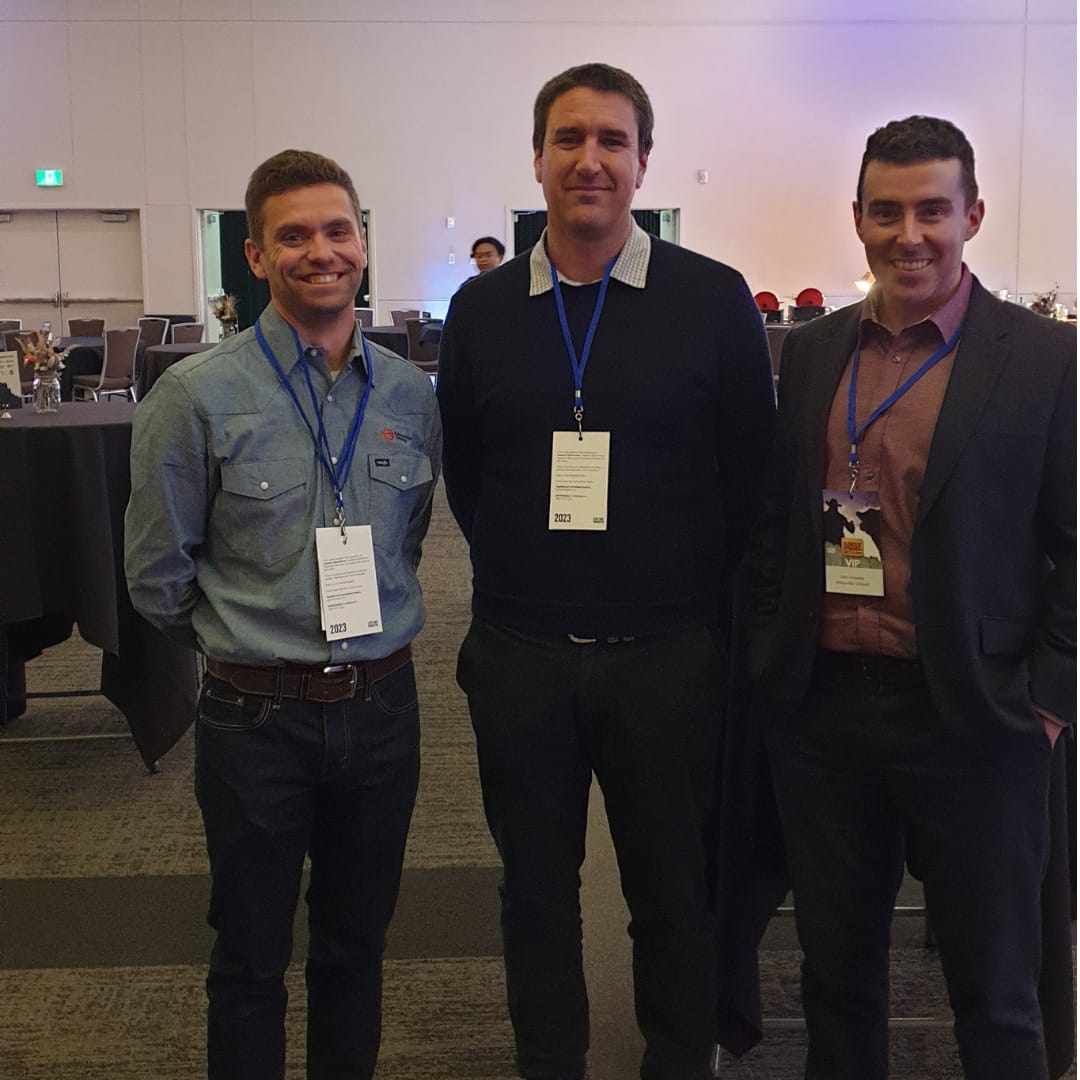
Megan, Kathryn, Kendra & Luna visited Bayer | Crop Science offices in St Louis.
Ee Cheng & Sam flew to Australia to meet with Wagyu clients then to Sydney to attend WagyuEdge ‘23.
John & Martin attended events like Farmfair International, the Alberta Milk AGM & Agri-Food Innovation Expo in Canada.
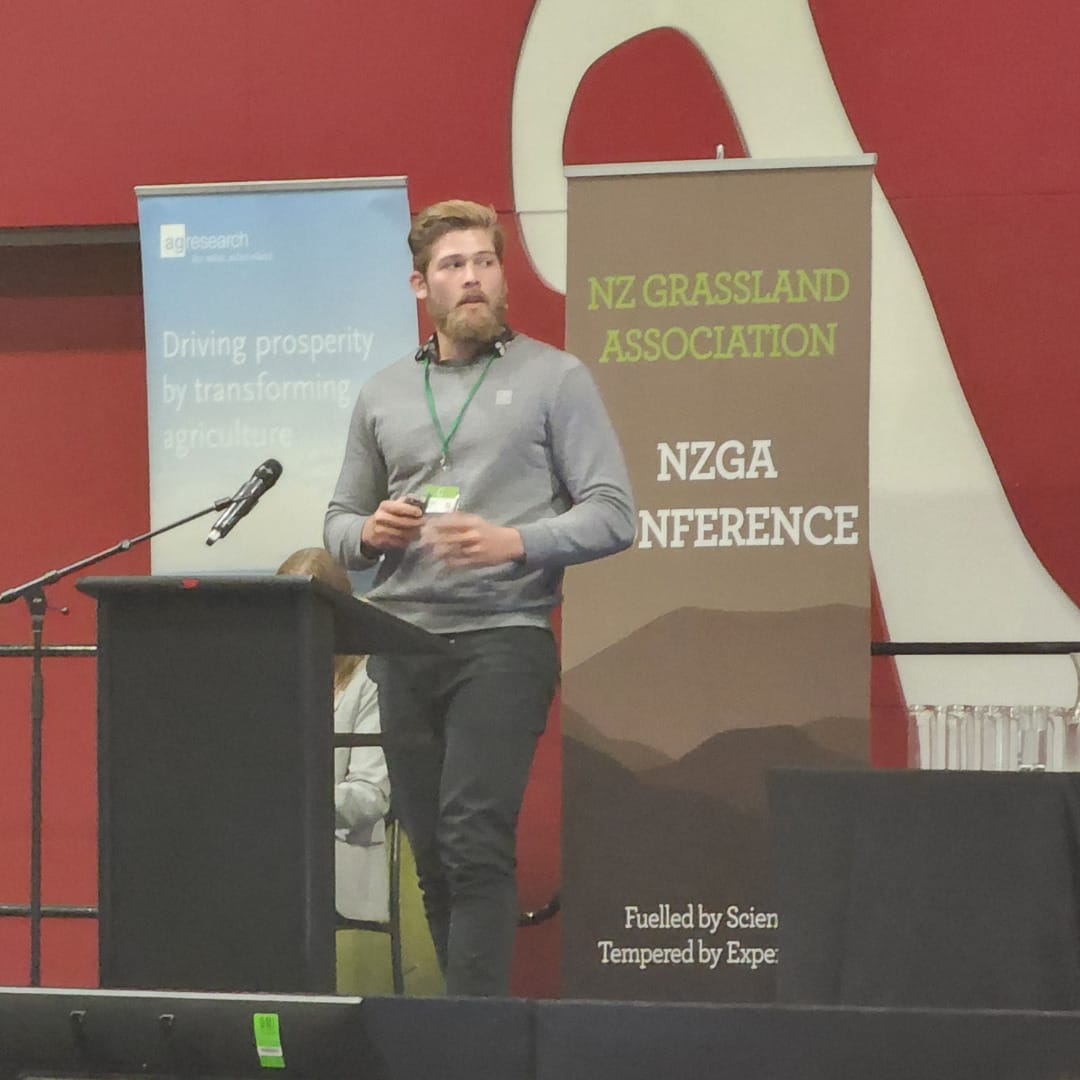
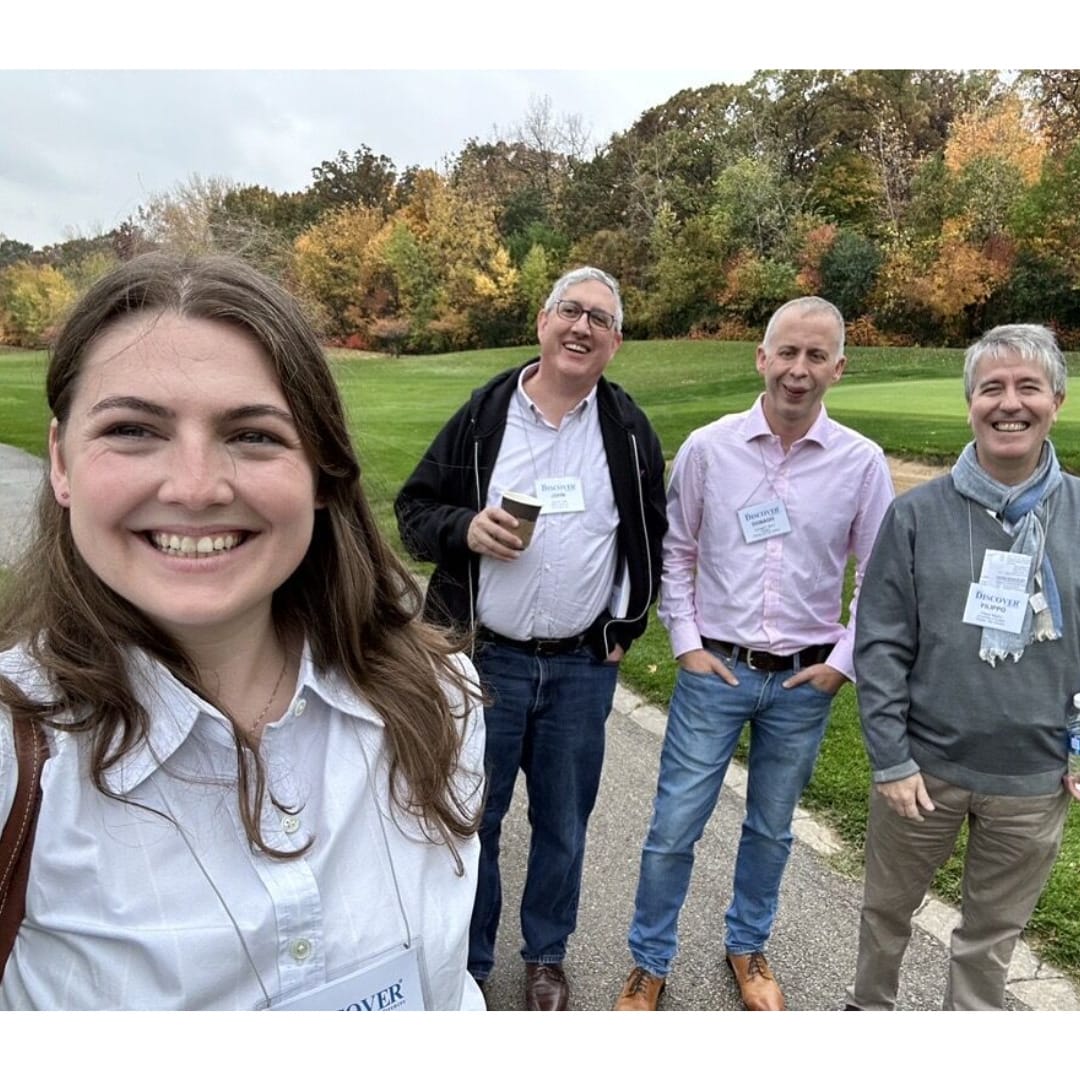
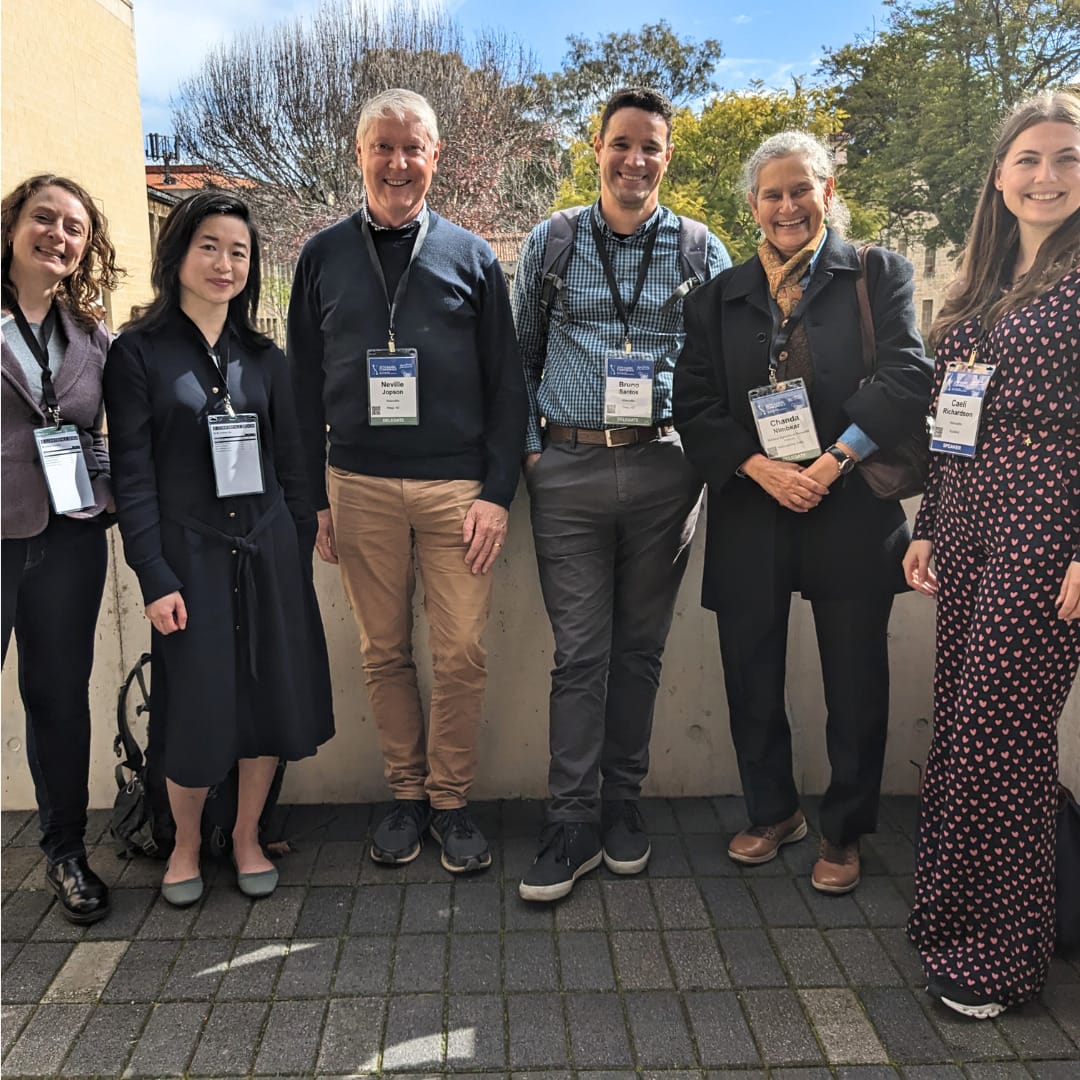
Peter A, Simon, Matt & Jabus attended the New Zealand Grassland Association Conference in Rotorua.
Caeli spoke at the ADSA 45th Discover conference in Chicago & has been travelling for the Brian Wickham Exchange Program.
Caeli, Bruno, Cheryl Q, Neville & Ee Cheng attended the AAABG 25th conference in Perth, Australia.

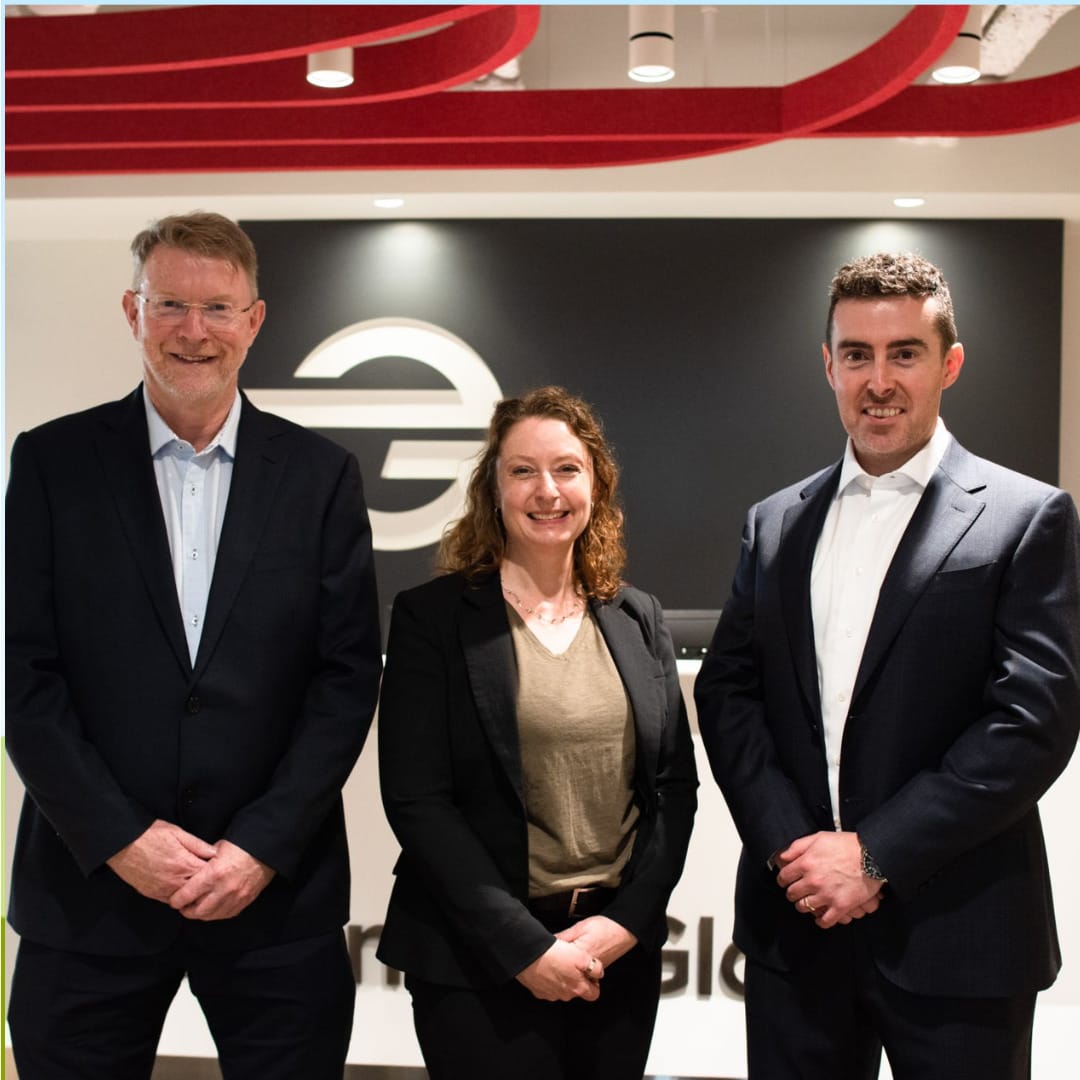
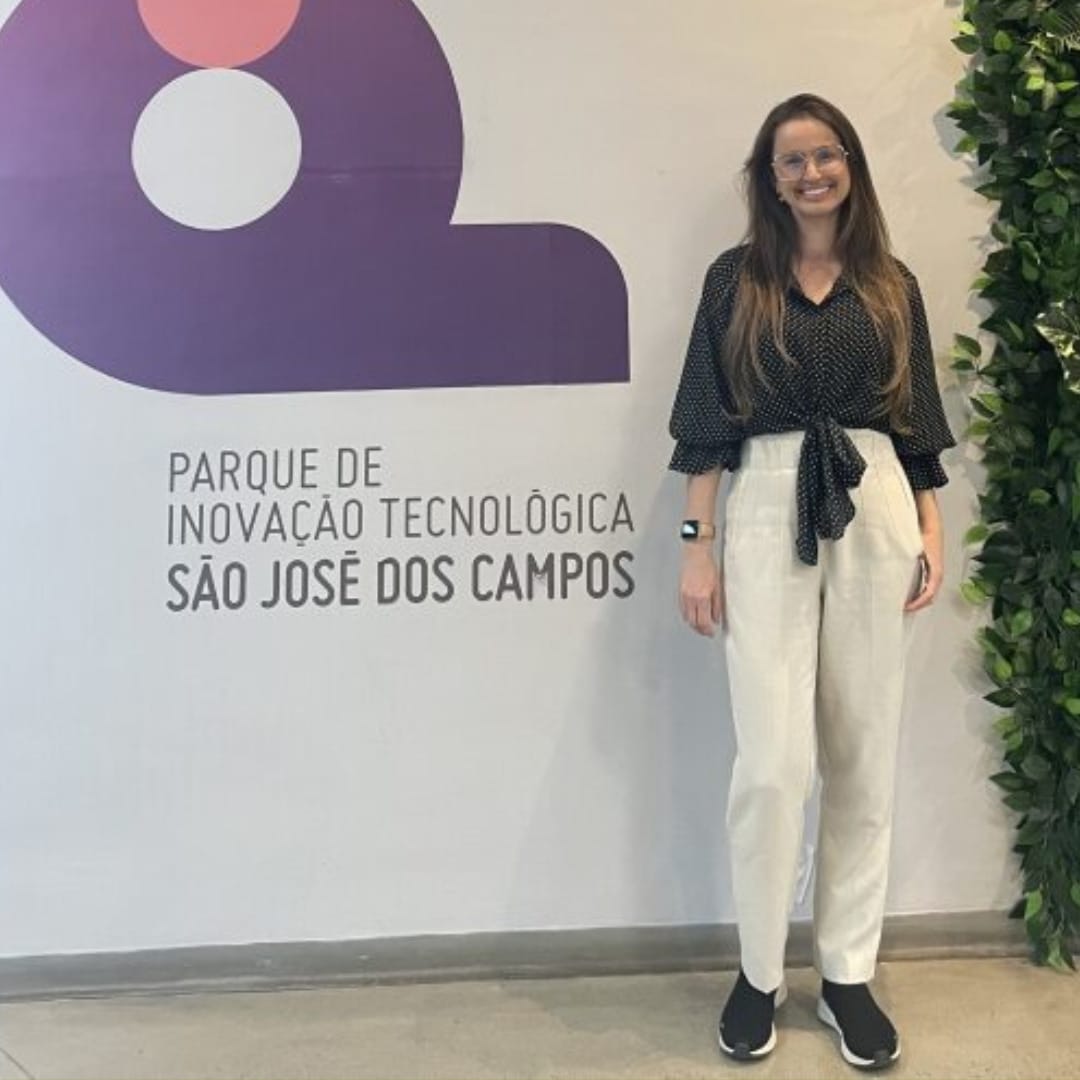
David Kenny, John Crowley, Timothy Byrne & Peter Amer enjoyed the Curragh races hosted by Weatherbys Scientific in Ireland.
Peter A, John & Cheryl Q at the Beef Improvement Federation Annual Symposium & Convention.
Letícia travelled to Brazil for the Brazil Exchange Knowledge program lead by Agri-EPI, AgriTierra, & Embrapa

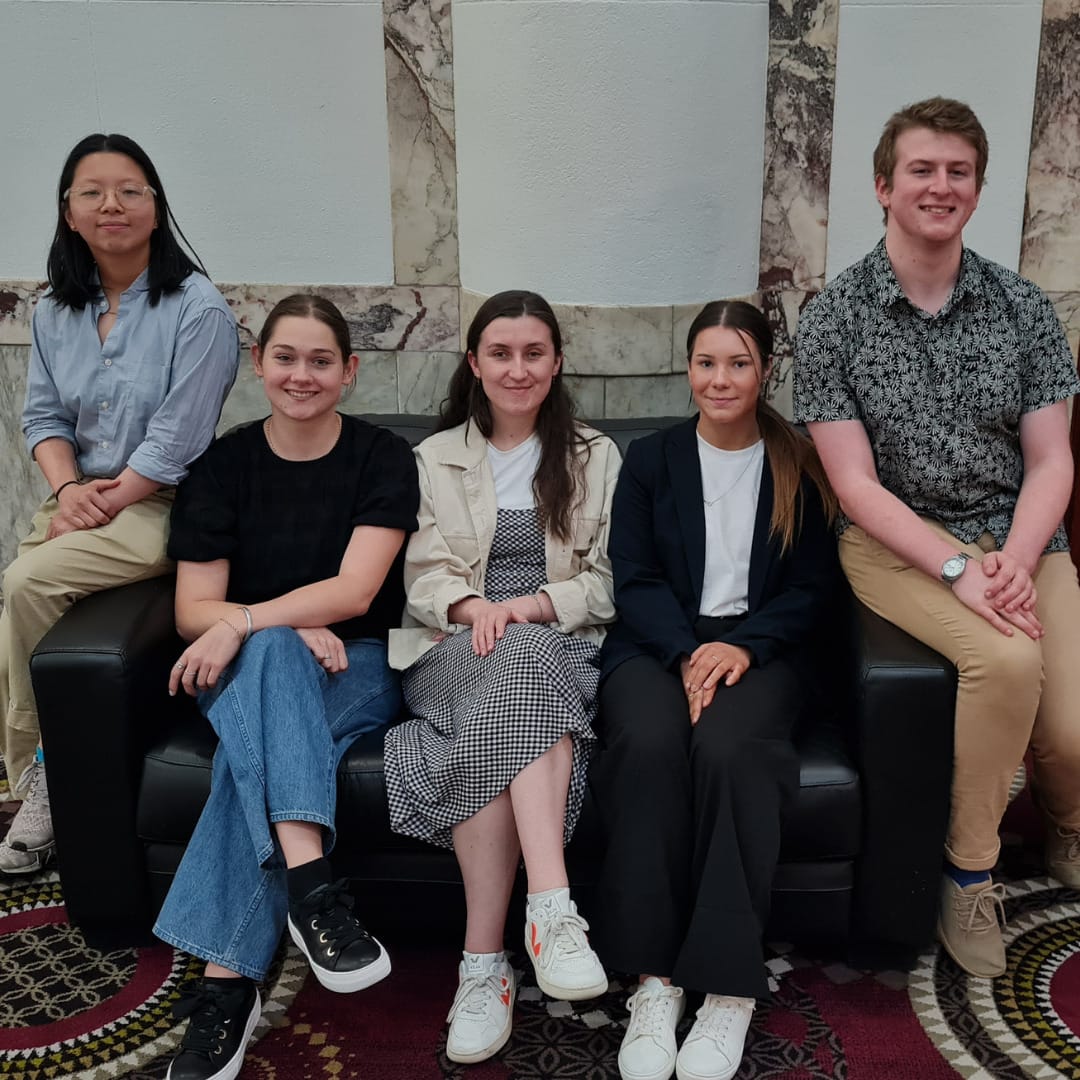
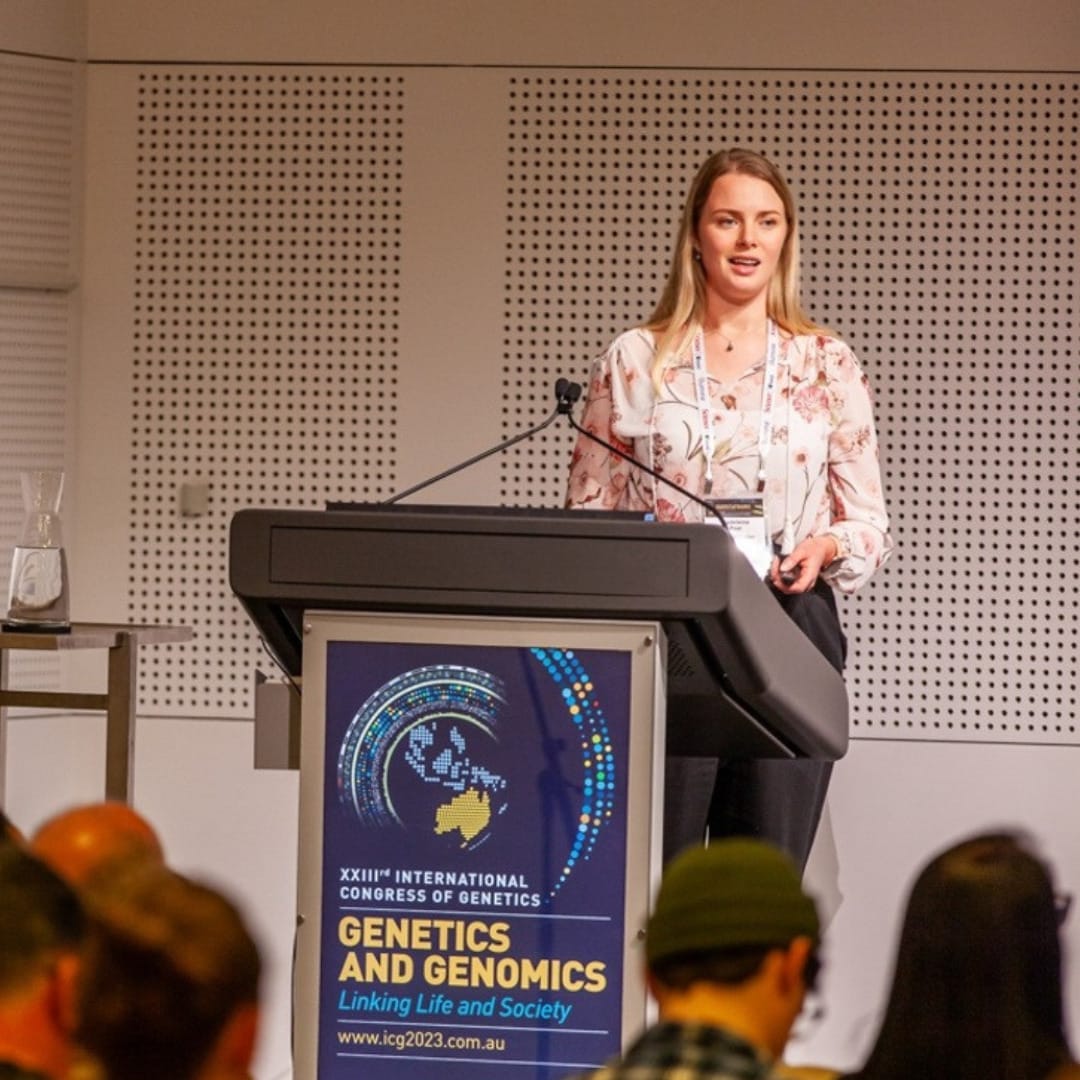
Sharl Liebergreen visited Saudi Arabia to attend the Saudi Agriculture Exhibition & speak at the Inflavour F&B trade event.
5 summer interns joined the NZ office: Grace, Zoe, Josie, Katie & Aaron.
Madeleine presented at the 23rd International Congress of Genetics & Genomics in Melbourne, Australia.
Project Summaries

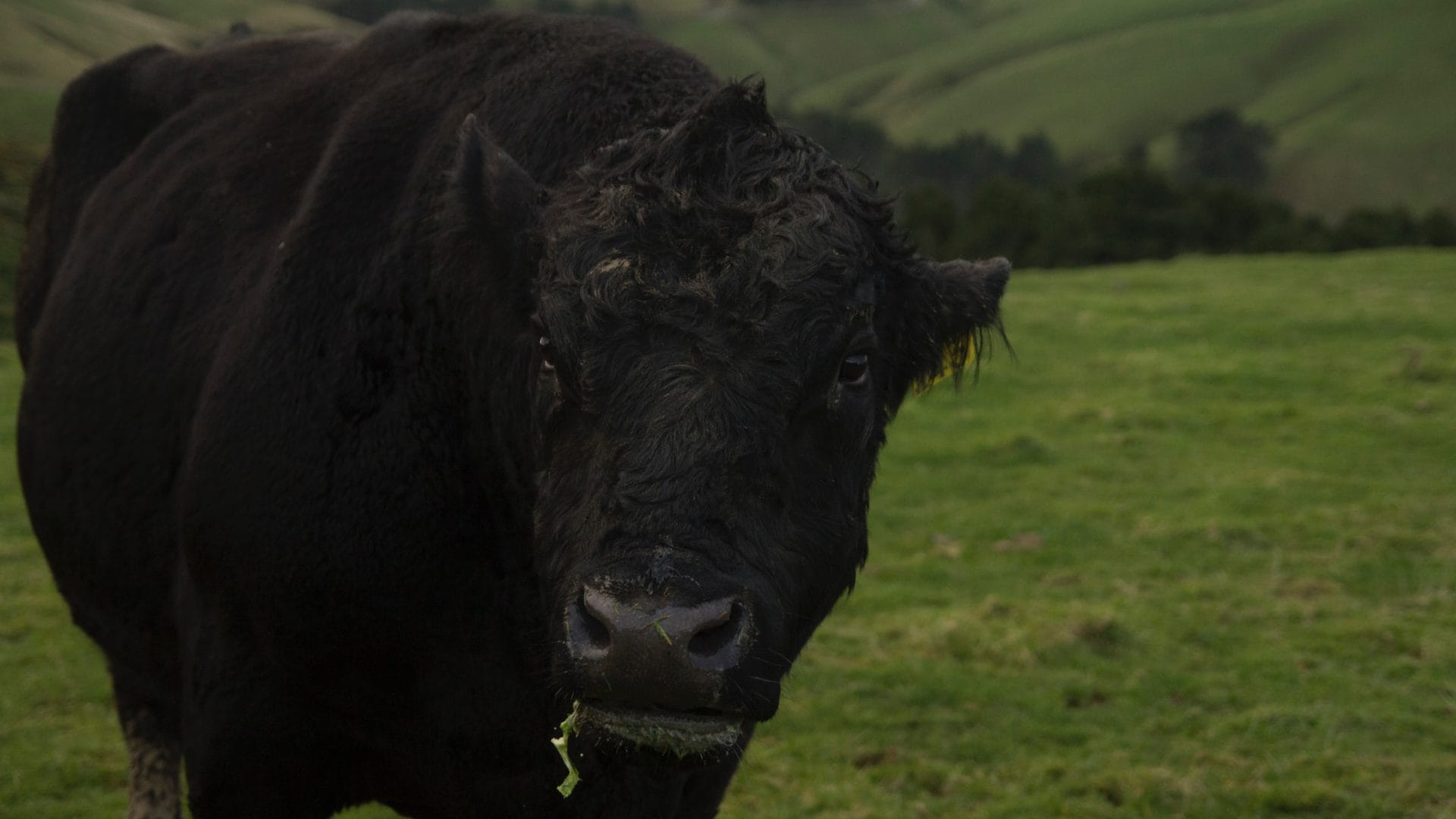

Trait Prioritisation for Beef Producers
AbacusBio is currently working with the Ministry for Primary Industries and B+LNZ on the Informing New Zealand Beef (INZB) programme.
This is a seven-year Sustainable Food & Fibre Futures partnership which aims to boost the sector’s profits by $460m over the next 25 years by providing breeders and farmers with the tools to produce great-tasting beef, whilst also supporting a sustainable beef farming industry and improving production efficiency.
This work includes the development of a beef genetic evaluation system, building easy-to-use tools that enable data to be efficiently collected, managed, analysed and used by farmers, and creating a new approach to extension design with the goal of increasing farmer engagement across the industry.
Hear from our consultant Sam Harburg and B+LNZ Genetics’ Livestock Specialist Dr Jason Archer.
Shinyfruit: a new app for fruit phenotyping
We’re pleased to announce the publication of ShinyFruit, an open-source R Shiny application that that offers an efficient solution for breeders and horticulturalists looking to streamline the process of image phenotyping for fruits and vegetables.
This user-friendly tool was developed by our consultant, Mason Chizk, during his PhD work at the University of Arkansas, and it was published in the journal, Frontiers in Plant Science in October
ShinyFruit allows users to set parameters for a single sample image and apply them to entire image directories, making it an excellent resource for data collection and batch image analysis. With features like size measurement, colour-based analysis, damage identification, and descriptive colour profiles, ShinyFruit is a versatile tool with a wide range of applications.
If this tool sounds interesting, we encourage you to explore ShinyFruit on GitHub and leverage its capabilities for your research and breeding programs. Read more about the app here: ShinyFruit: interactive fruit phenotyping software and its application in blackberry


Sustainable fish production in Nigeria
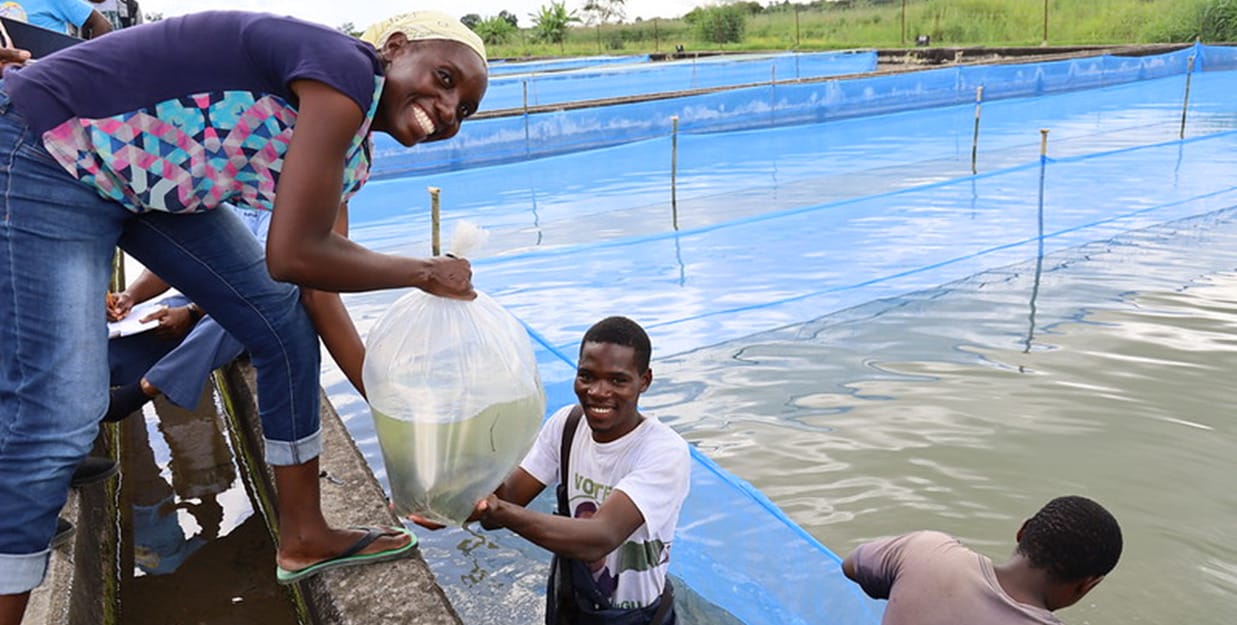
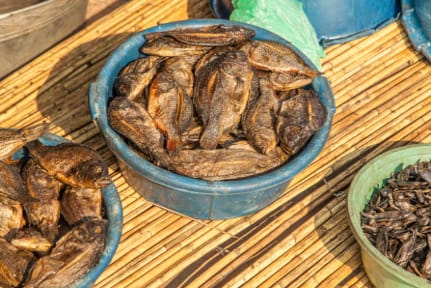
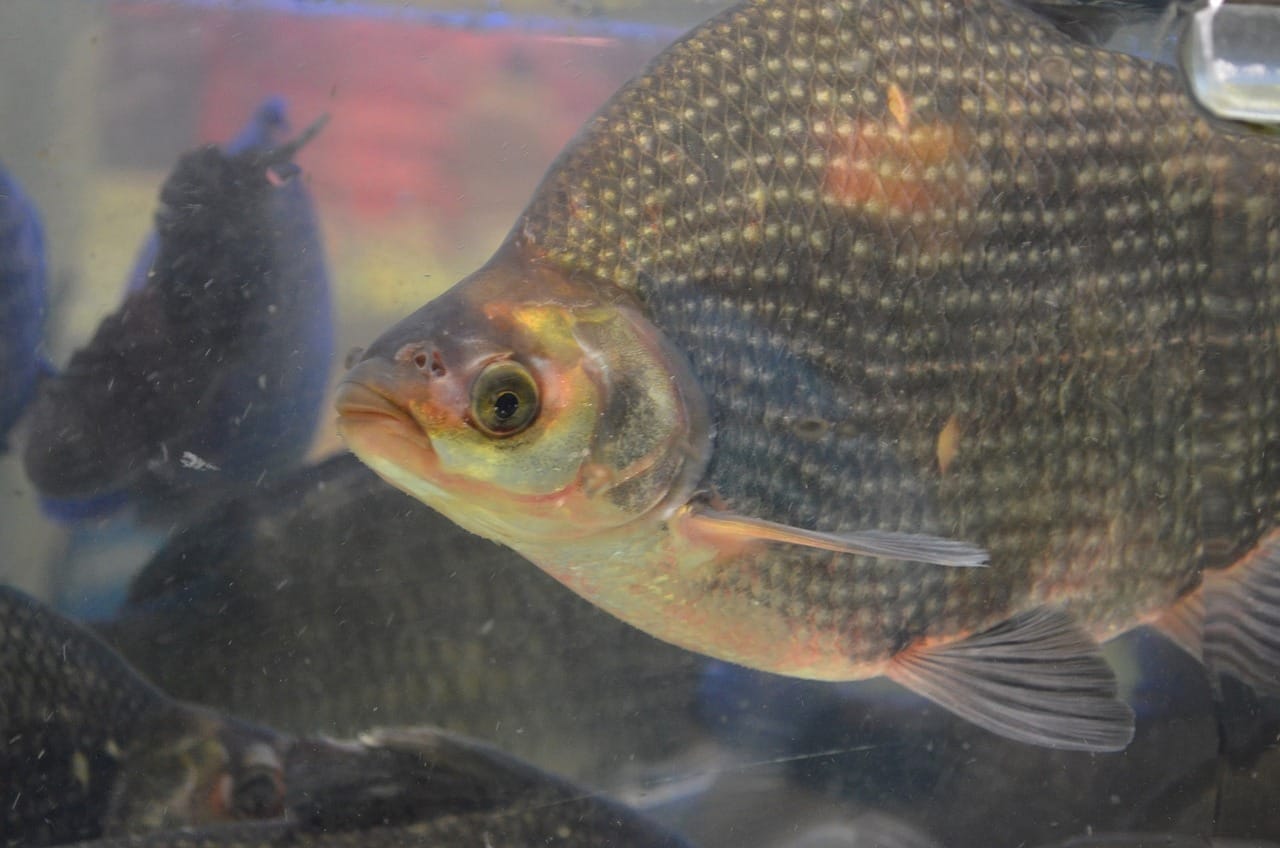
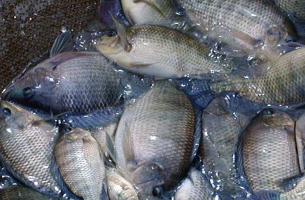
Aquatic foods sustain over 120 million livelihoods and supply micronutrient-rich food to 3.3 billion people. Yet, these systems and the people who depend on them are vulnerable to climate change impacts such as warming, ocean acidification, rising sea levels, and shifts in extreme weather events (CGIAR Aquatic Foods initiative). To minimise these threats and to maximise the role of aquaculture to achieve goals for ensuring sustainable food production, the Resilient Aquatic Food Systems seeks to understand the value of genetic improvement for different traits for Tilapia in Nigeria.
With the goal of developing a breeding objective incorporating selection index tools for the Genetically Improved Farmed Tilapia (GIFT) breeding program, The assessment involved consultations with Tilapia farmers, hatcheries, processors, wholesalers/retailers, feed manufacturers, government and non-government agencies.
Here are a few insights from the assessment:
- Demand for Tilapia is growing, albeit still with a small market share in Nigeria.
- Only a small proportion of current demand for Tilapia is being met by supply, although importation of Tilapia is also a concern.
- Higher market price, cheaper feed (low protein requirement), and lower mortality are qualities that make Tilapia production more profitable for farmers compared to Catfish.
- Tilapia farmers in Nigeria are aiming for commercial production (at a range of scales).
- Important traits for farmers include harvest weight, feed conversion ratio (FCR), and survival in low oxygen environments.
- Important market traits for Tilapia are size, shape, and colour. Uniformity in size is important and preference for size varies according to intended use of the fish. The preferred shape is one which is not too slender, as slender fish indicates high boniness.
- A lack of quality seed stock is a key constraint to current production.
- There appears to be large differences in the production and economic parameters between types of production systems (e.g., outside of commercial/cage farms, between earthen ponds and concrete tanks).
- There is need for more data collection focused on capturing the variability in input parameters and trait economic weights between systems, across geographies, and related to gender within and between systems.
- Work is continuing is this area, to develop tools for selecting Tilapia suited for Nigeria from the GIFT population in Malaysia.

Dairy Farming
This has been another massive year for AbacusBio and our DairyNZ funded work supporting the New Zealand dairy industry. While numerous projects have been part of our portfolio with the industry body in 2023, two major projects have dominated our focus: prediction of genetic merit for fertility and a major overhaul of the model we use to define the trait weighting factors in the National Breeding Objective (NBO).
Fertility for NZ dairy herds has had an ongoing work focus for AbacusBio, New Zealand Animal Evaluation Limited (NZAEL) and DairyNZ for over a decade. Due to the complicated nature of fertility whereby oestrous cycling and display, conception success, and the length of time the calf spends in-utero before being born all contribute to achieving a successful herd calving pattern, the focus of this past year has been to develop a new genetic evaluation approach with emphasis on the ability of cows to conceive early in the breeding season. A comprehensive approach to validation has confirmed substantial gains in prediction accuracy with the new approach.
The NBO review is another long-standing piece of work for all stakeholders involved. The process this year started at the beginning of the financial year and has been diligently worked on by our index selection developers and geneticists. The team and our collaborators established a collective approach to assess the model, including thorough discussions about why we are doing things and how this will affect the different branches of dairy farming in Aotearoa NZ. Overall, we’re very proud of this year’s review and are excited for its dissemination to the wider industry soon.
Other work that has had our involvement includes developing new genetic evaluation approaches for calving difficulty and gestation length
Our PhD student, Jabus Kok, has been busy completing more farm trials for his studies. The latest trial completed in October aims to build on early findings (Sward canopy effects on simulated urine events and subsequent urine patch area) and validate the current Urine Patch model being developed under the Low N Systems programme.
He also presented at the Grasslands conference in the Future Sustainable Dairy Systems session. He co-authored another paper this year on stacking nitrogen leaching mitigations, a key theme of his thesis. A literature review which formed the basis of this work is currently under review as well for publication with the goal to publish early next year.
Most importantly, we have been lucky to have enthusiastic involvement from the wider industry including other scientists, artificial breeding companies and farmers, who have all imparted us with clearer insights to what the NZ dairy industry needs and how we compare on the global stage.
We look forward to continuing our work with DairyNZ, NZAEL and the wider industry as we continue to address rising challenges and work to strengthen our farming systems and methods.

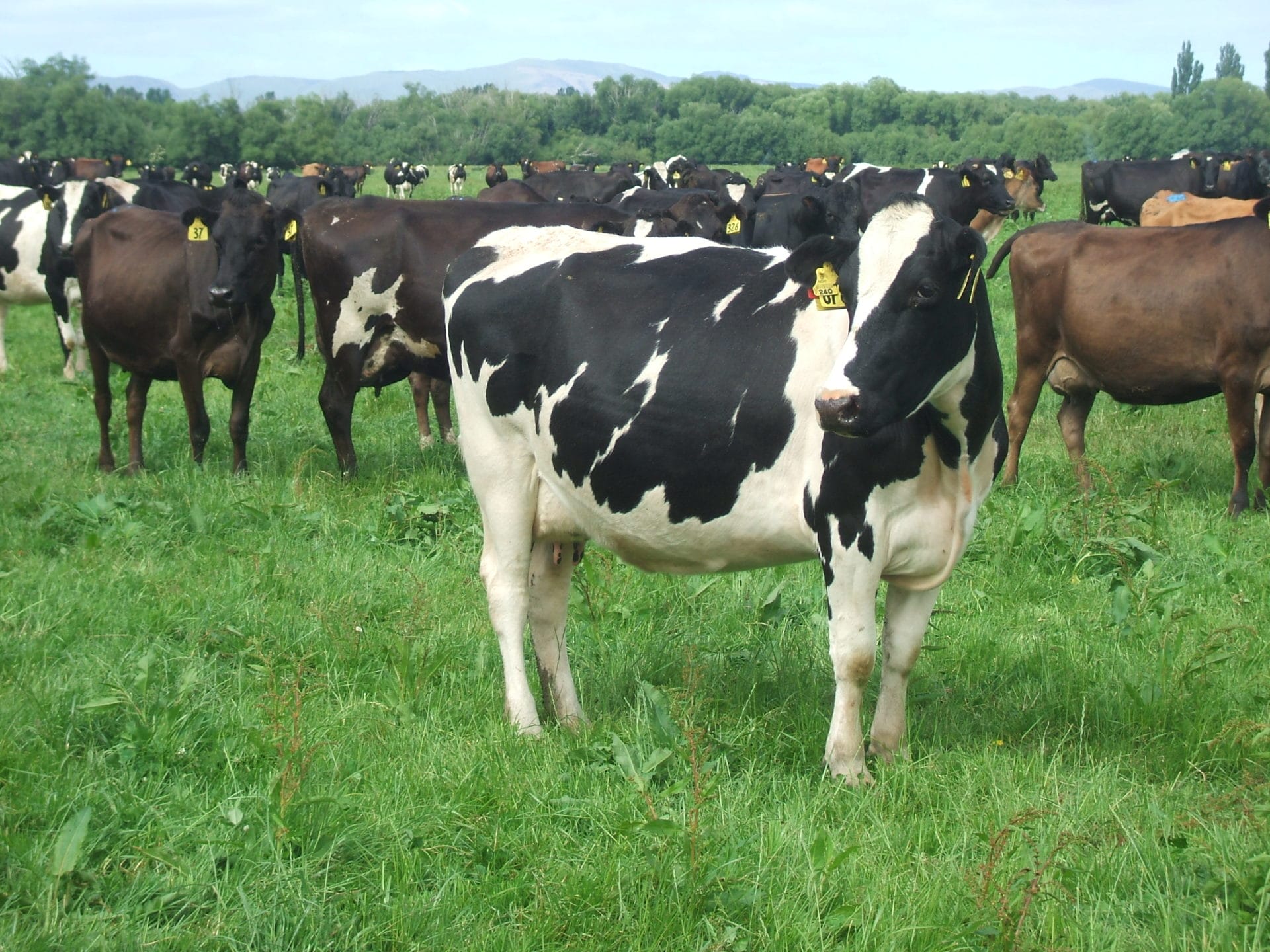
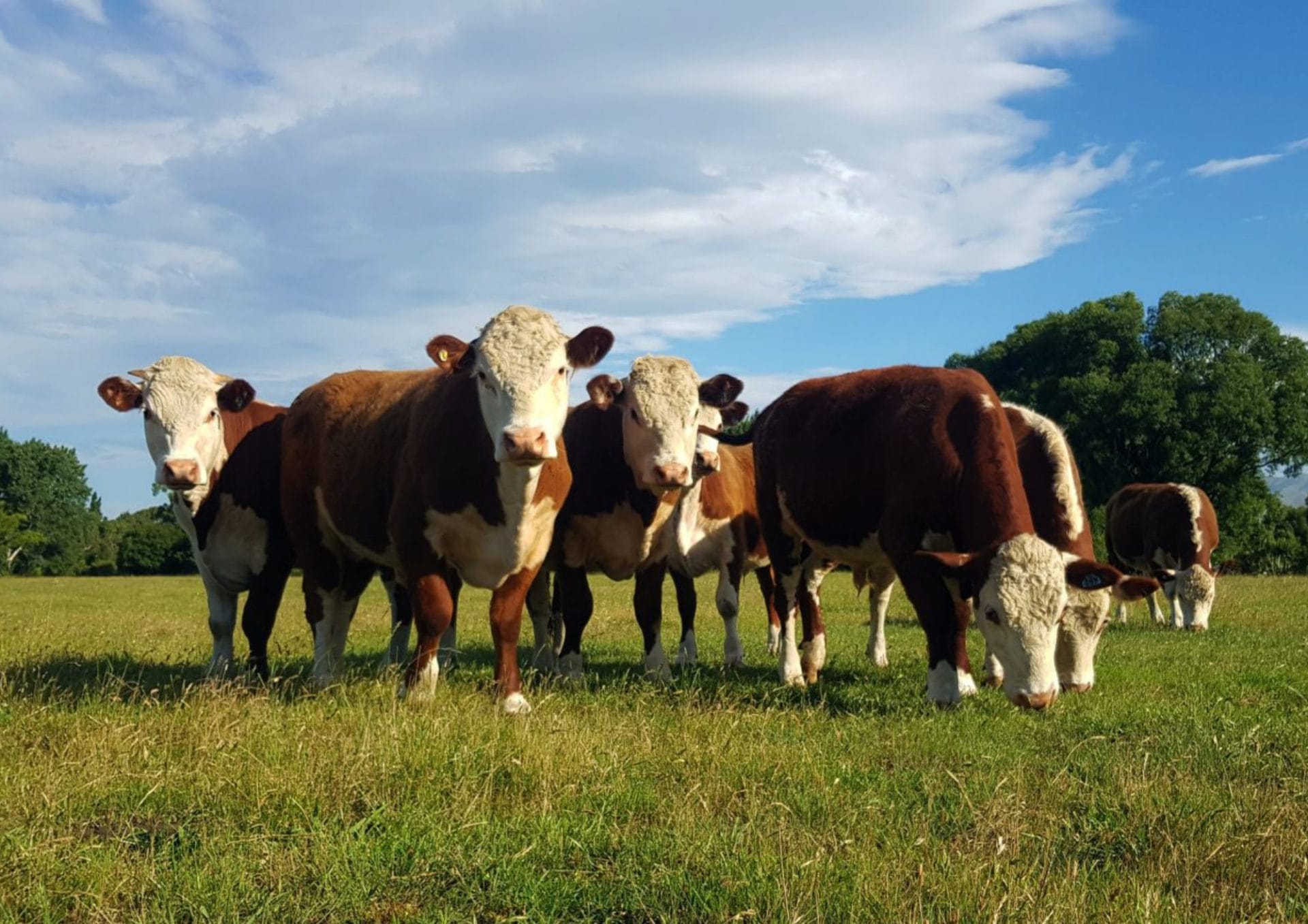
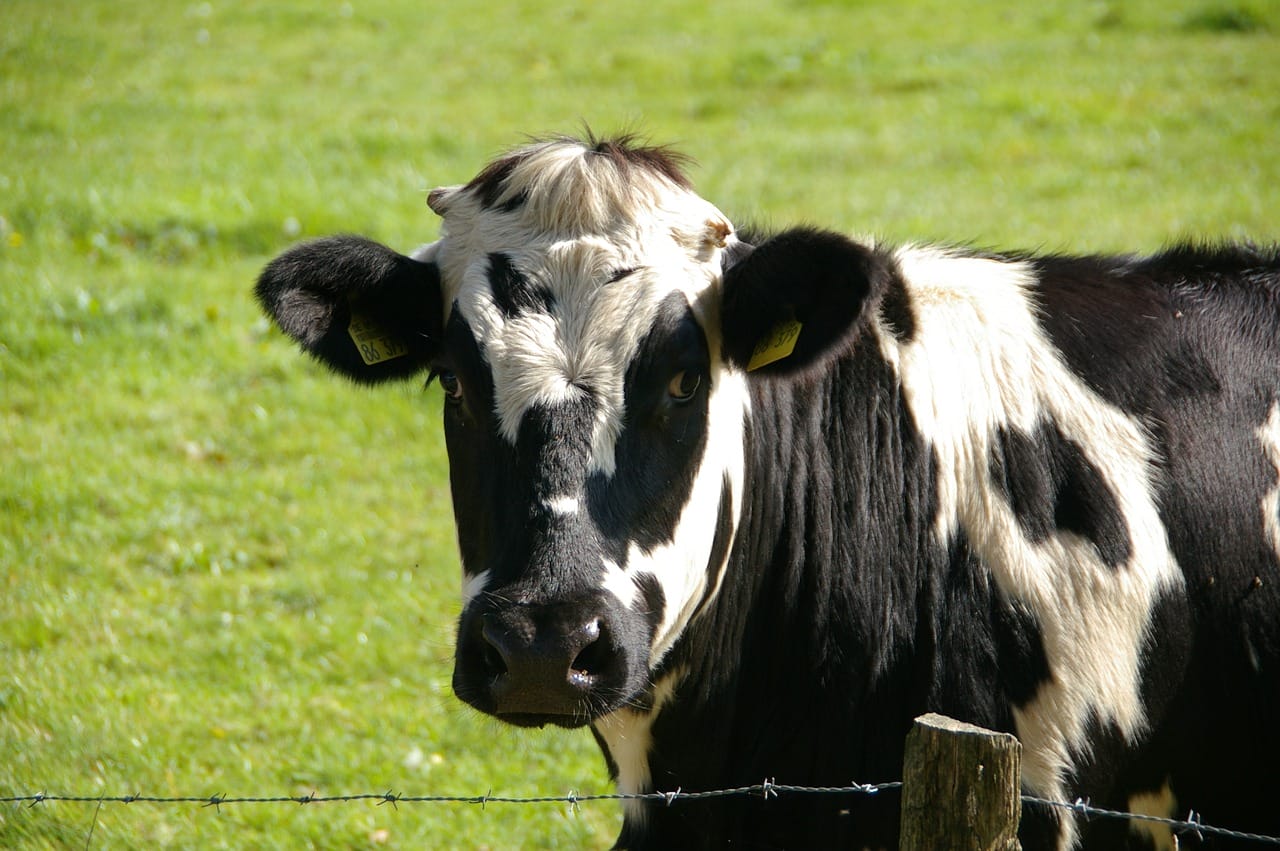
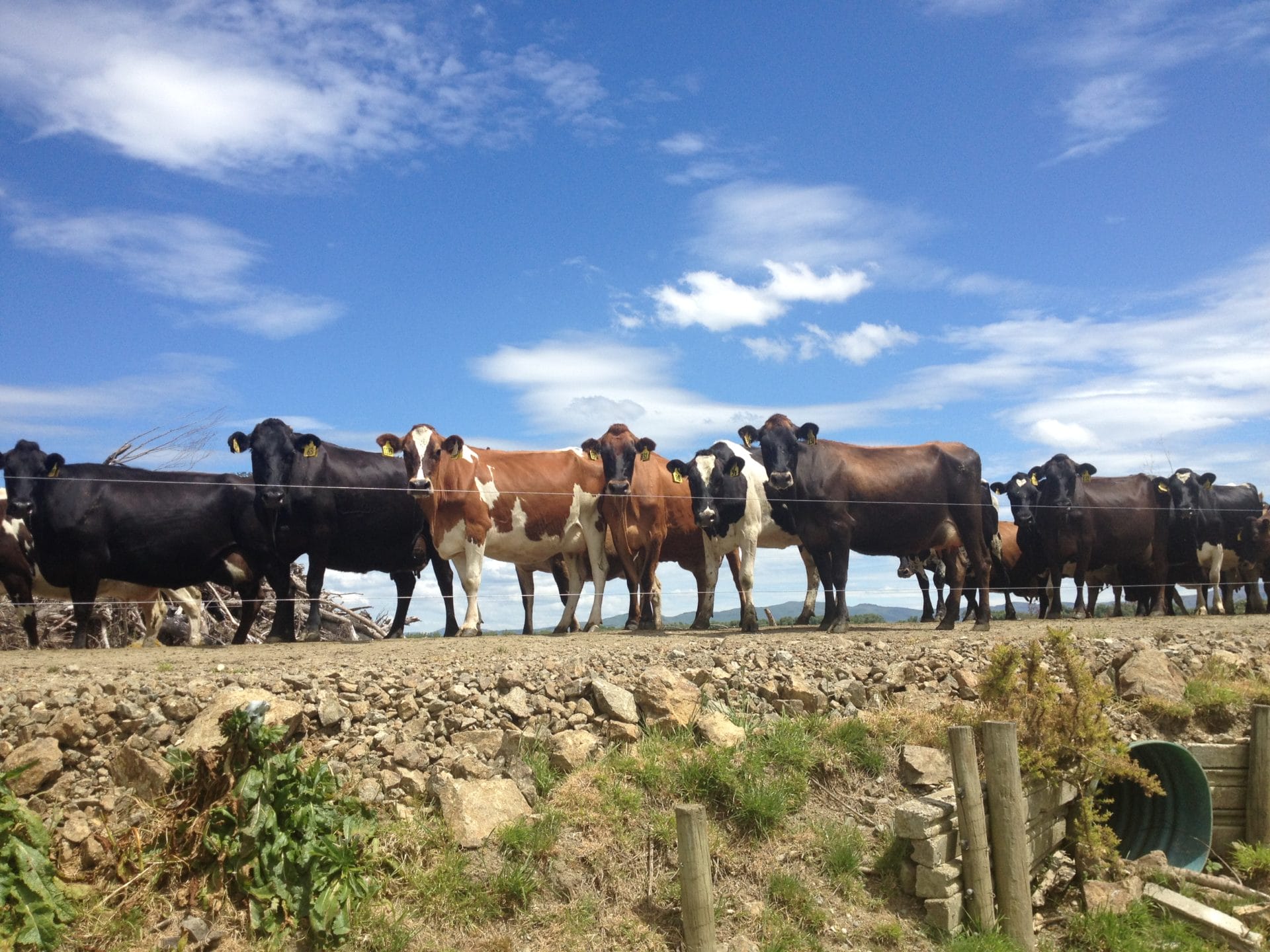
World Coffee Research
Around 2 billion cups of coffee are consumed across the globe, every day. At least some of those are consumed by AbacusBio consultants who collaborated with World Coffee Research to produce a report informing robusta (coffea canephora) variety innovation. Through a combination of detailed economic & market analysis, plus interviews with national breeding programmes, coffee farming organisations, roasters, and trader, the following are the key takeaways:
- Taking into account rising consumption trends and the negative impact of the climate crisis on production, the world may face robusta shortages in 2040 of up to 35 million bags.
- Production of robusta has become increasingly concentrated among a small group of six countries, which are responsible for 95% of output by volume, while other countries have decreased production. This concentration represents meaningful production risk and potential further exposure to the impacts of climate change.
- As robusta is increasingly being substituted for arabica, the supply of higher-quality robusta must also increase, or else the perceived quality of blends will decrease and may face consumer rejection.
- Globally, current levels of investment in robusta research and breeding are not sufficient to meet projected shortages or the evolving quality needs of the market.
- Roasters are predominantly interested in securing the continuous availability of robusta as a lower-priced ingredient without declining quality, while farmers are primarily focused on improving yield, drought tolerance, and disease resistance, along with quality as a pathway to improved prices. Driving innovation to produce gains in yield (and other yield-impacting traits like climate resilience) is likely to be a win for farmers and roasters.
- Overall, existing robusta breeding programs are positioning themselves for innovation. A global, collaborative effort aimed at enhancing interaction and sharing of genetic resources could lead to faster advancement of breeding programs.
Different strategies of support need to be employed in different countries, to aid in variety innovation and release.
Learn more about WCR and the robusta variety here:
https://varieties.worldcoffeeresearch.org/robusta



At a glance, you’ll be able to sense if AbacusBio can help get you where you want to go. Click here!
The first thing you’ll notice is our sleek and modern design, featuring our 10 most in-demand service categories:
- Breeding Strategy
- Trait Prioritisation
- Genetic Evaluation
- Genomic Evaluation
- Selection & Mating
- Data Strategy
- Programme Evaluation
- Market Assessments
- Strategy + Value Chain
- Farm Systems Strategy
These are just the tip of the iceberg!
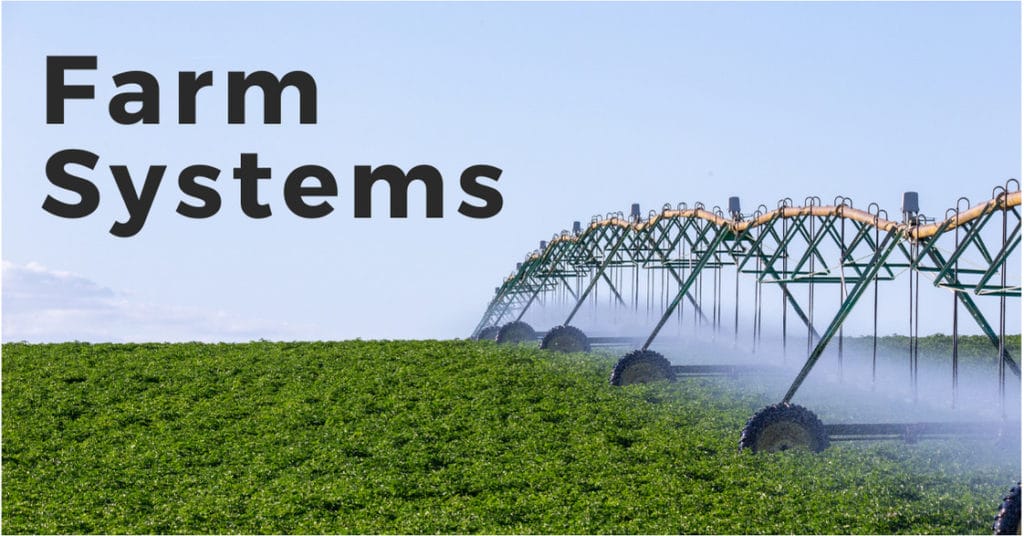
There are countless things to consider when understanding the impacts of changes on farming operations – AbacusBio consultants provide rigorous Farm Systems and Economic analysis and advice, underpinned by on-farm knowledge and real world experiences.
We are in the process of establishing and refining a Farm Systems team to target rising challenges for farmers and the wider agricultural industry.
Initially we will focus on New Zealand systems and connections, with plans to extend and diversify internationally.

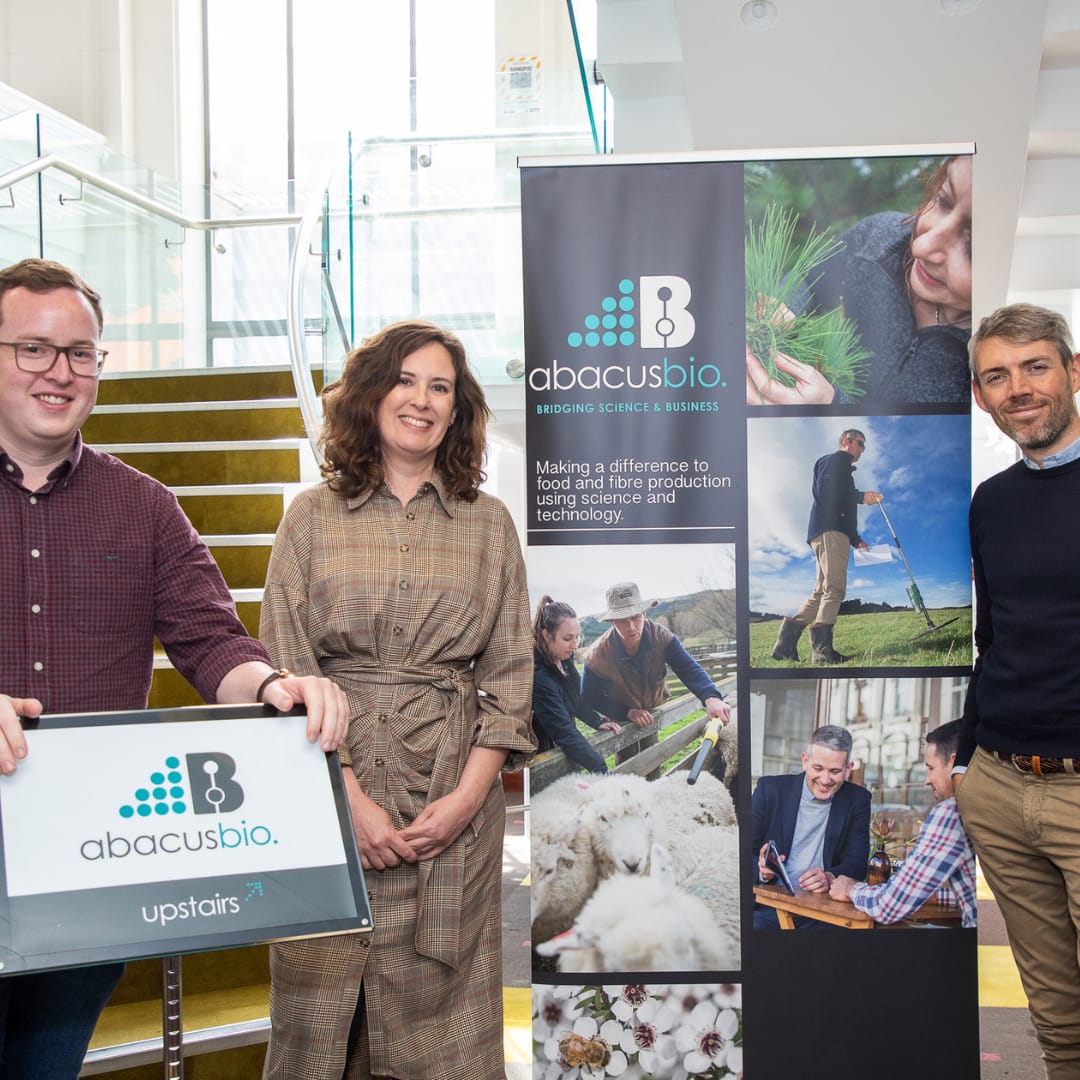
Looking ahead
In 2023, we made some significant strides in broadening the AbacusBio reach internationally. As we spread across the globe, it is critically important that we remain connected and aligned on shared projects and initiatives across oceans and time zones.
The search for opportunities to grow our international reach continues – whether they are new locations to establish offices or in-market partnerships with other like-minded organizations.
We are excited to see the emergence of new activity and interest in our services in major agricultural countries like India, Australia, Canada, and Brazil. The ability to travel to meet new clients and see their operations continues to be an enriching and energizing part of growing our business.
We have seen a rapid increase in the number and scale of projects focused on sustainability, especially those involving GHG emission reduction. Being sustainable is a core value for AbacusBio and so it was an obvious decision for us to start the application process to become a B-Corp. We have also set up a Sustainability Working Group as a new internal company initiative to support the growing demand for our services in this space.
Another internal initiative focuses on specialized solutions and tools which will allow us to deliver services more efficiently by, for example, automating manual analyses or better organizing project data.
Retaining a company culture that encourages diversity of thought and taps into individual experience is critical for the success of our business, and we are fortunate to have the talented, hard-working and kind people that keep create that culture at AbacusBio. Happy holidays!
Follow us on Social Media
